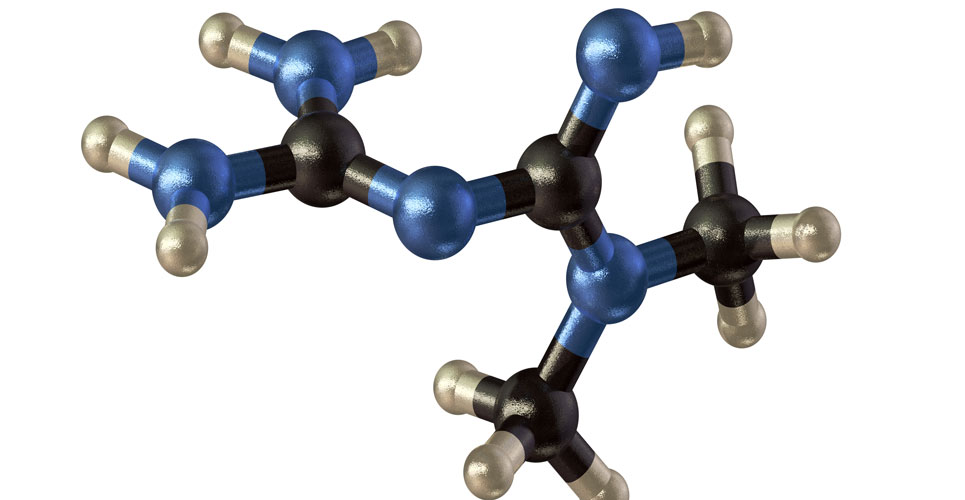The wide range of anti-diabetic drugs available may cause confusion among clinicians over which drugs provide not only the greatest glycaemic control, but vascular and mortality benefits.
For this new systematic review and network meta-analysis, a team from the clinical research and evidence-based medicine unit, Thessaloniki, Greece, provided a comprehensive overview of the current literature. Their analysis included 453 trials with 320,474 patients which assessed 21 different anti-diabetic interventions from 9 drug classes.
There were 134 randomised controlled trials examining monotherapy, 296 exploring treatment “add-ons” to metformin and finally 23 trials which compared monotherapy to add-on metformin therapy. There were several outcomes measured including reductions in HbA1C levels, all-cause mortality, cardiovascular death, diabetic retinopathy and amputation.
The results showed that in drug naïve patients, all medications except dipeptidyl peptidase-4 inhibitors (for example, sitagliptin) were as effective as metformin in reducing HbA1C levels but the combination of metformin with specific-glucagon-like peptide-1 receptor agonists (GLP-1 RA) (for example, exenatide) and insulin provided the greatest reduction.
For patients at an increased cardiovascular risk, combining metformin with sodium-glucose co-transporter-2 agents (SGLT-2) (for example, empagliflozin) or liraglutide (a GLP-1 RA) reduced cardiovascular death and all-cause mortality.
The authors also noted that for patients at a low risk of cardiovascular disease, none of the treatments differed with respect to vascular outcomes.
Reference
Tsapas A et al. Comparative effectiveness of glucose-lowering drugs for type 2 diabetes. Ann Intern Med 2020; June 30; doi:10.7326/M20-0864.

